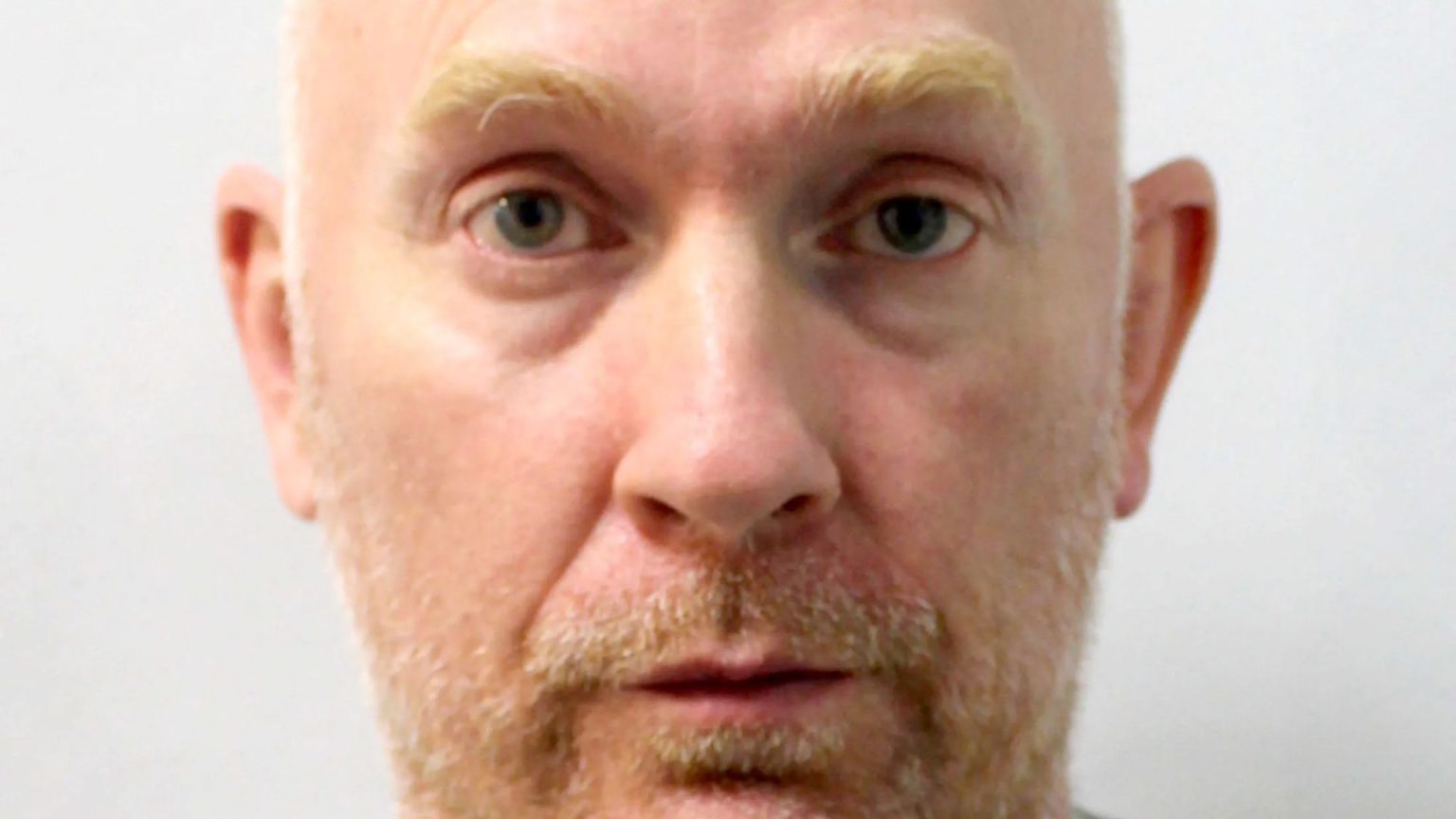The Metropolitan Police Service, specifically its Parliamentary and Diplomatic Protection Command, has faced intense scrutiny and public outrage following the horrific crimes committed by two of its officers, Wayne Couzens and David Carrick. Couzens received a whole-life sentence for the kidnap, rape, and murder of Sarah Everard, while Carrick was also jailed for life after admitting to 28 rapes spanning two decades. These cases have exposed deep-seated issues within the Met, particularly regarding vetting procedures and the handling of misconduct allegations. Adding to the controversy, a Freedom of Information request has revealed that suspended and sacked officers from the same unit where Couzens and Carrick worked have received nearly half a million pounds in salary since January 2020.
The staggering sum of £462,355.84 has been paid to twelve suspended and eleven sacked officers from the Parliamentary and Diplomatic Protection Command. This figure has sparked public anger and raised serious questions about the Met’s financial accountability. Critics argue that taxpayers should not be burdened with the cost of paying officers who have been removed from duty, especially in cases involving serious misconduct. The TaxPayers’ Alliance has condemned this practice, arguing that it diverts funds from frontline policing and undermines public trust. They have called on the government to close this perceived loophole and ensure that taxpayers’ money is used more responsibly. The highest payout year was 2023/2024, with over £185,000 disbursed to suspended and sacked officers.
The revelation of these payments comes amid growing concerns about the culture within the Met Police. The cases of Couzens and Carrick have highlighted a pattern of systemic failures, including inadequate background checks, ignored warning signs, and a reluctance to address misconduct allegations. Critics argue that a culture of impunity has allowed rogue officers to operate within the force, endangering the public and eroding trust in law enforcement. The Met has faced accusations of protecting its own, prioritizing internal reputation over public safety. These issues have prompted calls for sweeping reforms within the force, including improved vetting processes, enhanced training on misconduct and ethical behavior, and greater accountability for senior officers.
The Metropolitan Police has responded to the criticism by emphasizing its commitment to professionalism and integrity. They claim to treat all allegations of misconduct seriously and conduct thorough investigations to determine whether officers have breached professional standards. The Met asserts that robust action is taken when misconduct is proven, holding officers accountable and learning from each case. However, the substantial payouts to suspended and sacked officers raise questions about the effectiveness of these measures and the sincerity of the Met’s commitment to reform.
The significant financial burden placed on taxpayers through the payment of suspended and sacked officers underscores the need for urgent and meaningful change within the Met. The public demands greater transparency and accountability in how police misconduct is handled. The current system, which allows officers to continue receiving salaries even after being removed from duty, is seen as unjust and inefficient. Reform advocates argue that mechanisms should be in place to recoup salaries from officers found guilty of gross misconduct, especially in cases involving criminal behavior. Moreover, stronger disciplinary procedures and more rigorous background checks are needed to prevent individuals unsuitable for policing from joining the force in the first place.
The Couzens and Carrick cases have exposed a deep crisis within the Metropolitan Police, shaking public confidence and prompting calls for fundamental reform. The financial implications of these cases, highlighted by the substantial payouts to suspended and sacked officers, further underscore the urgent need for change. The Met must address the systemic issues that have allowed a culture of impunity to fester, prioritizing public safety and rebuilding trust within the communities it serves. This requires a comprehensive overhaul of vetting procedures, training programs, and disciplinary processes, as well as a renewed commitment to transparency and accountability. Only through meaningful reform can the Met hope to regain the public’s trust and ensure the safety and well-being of all citizens.


